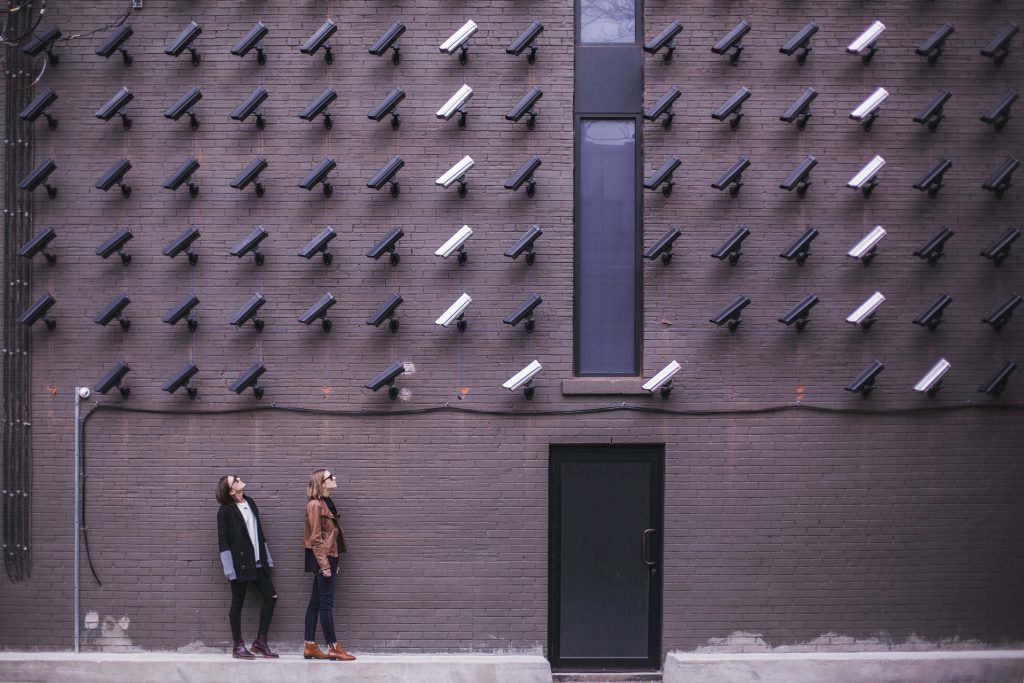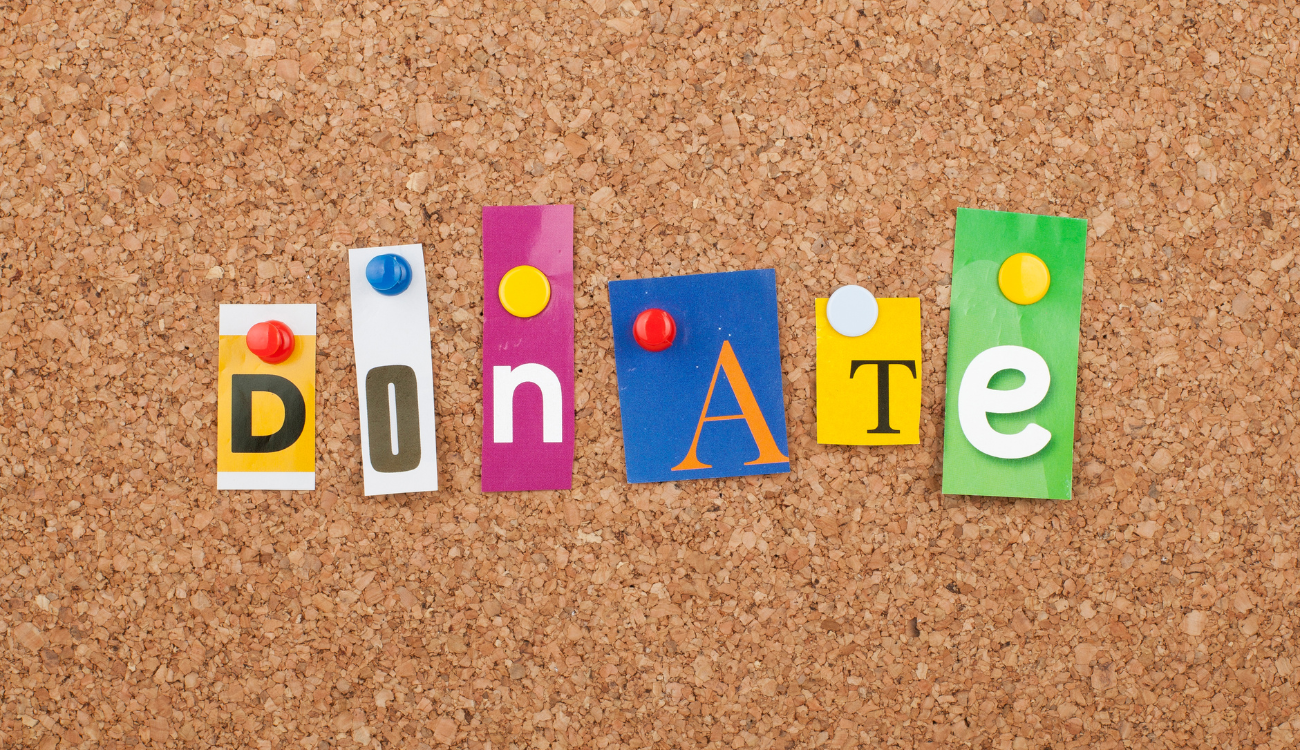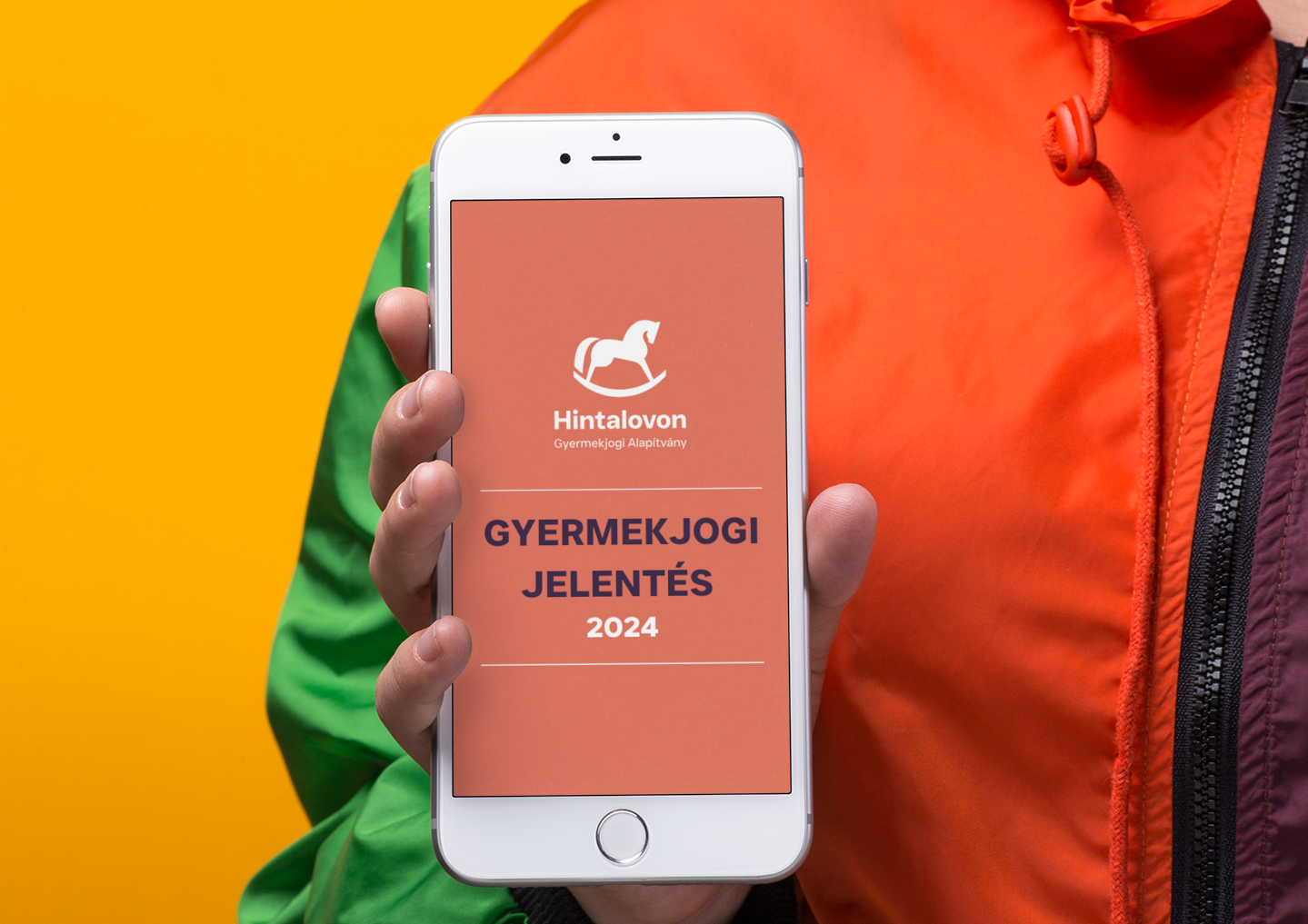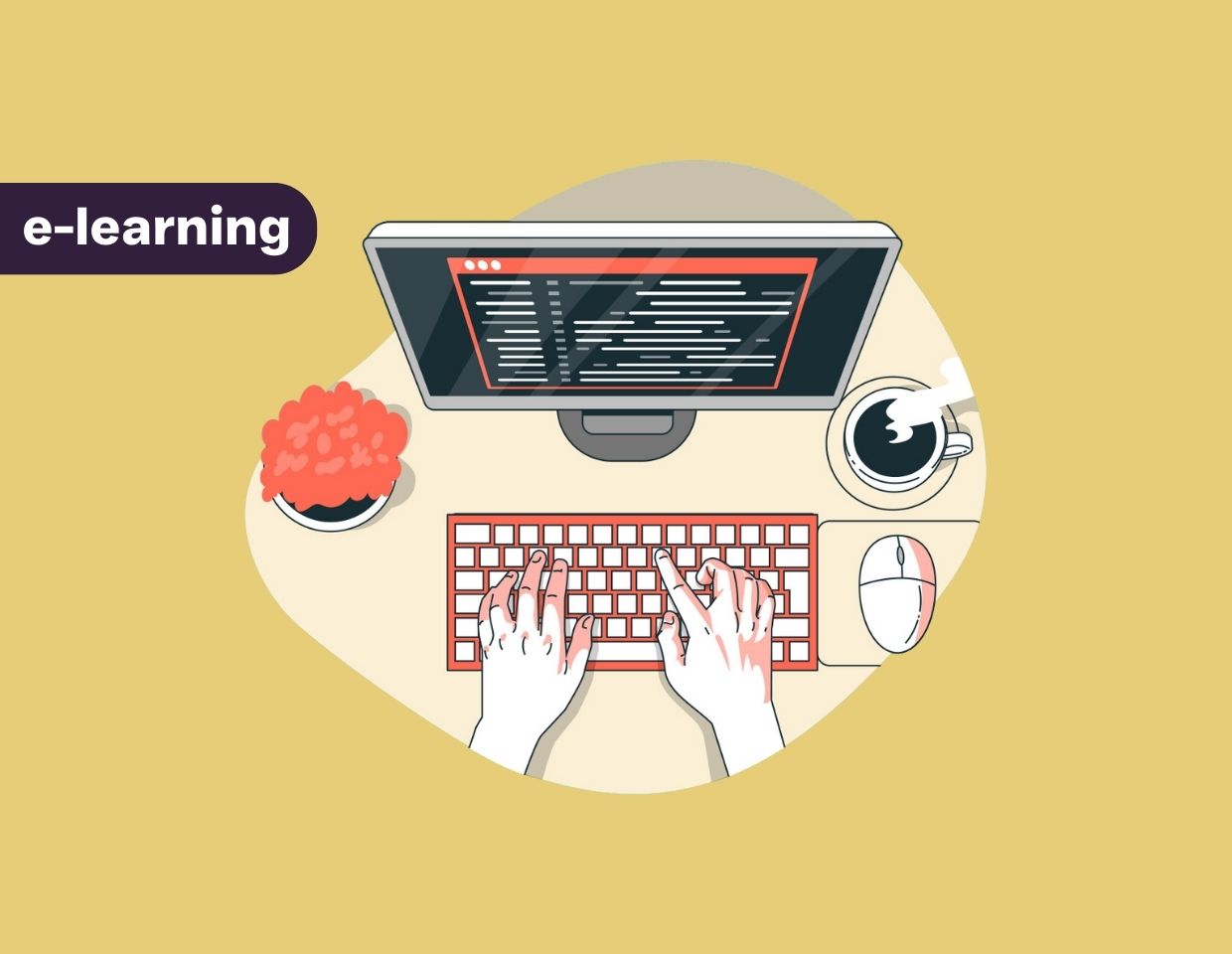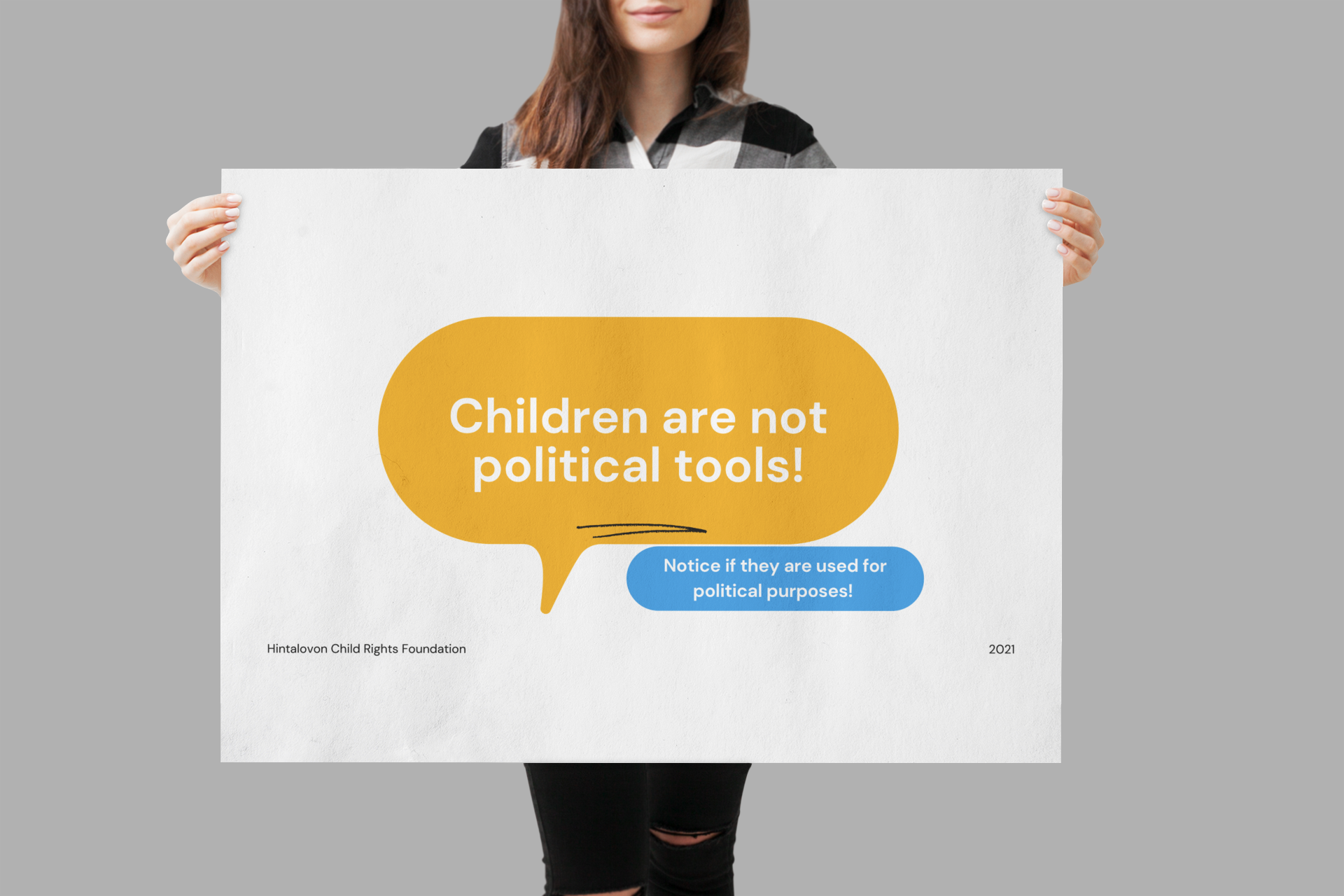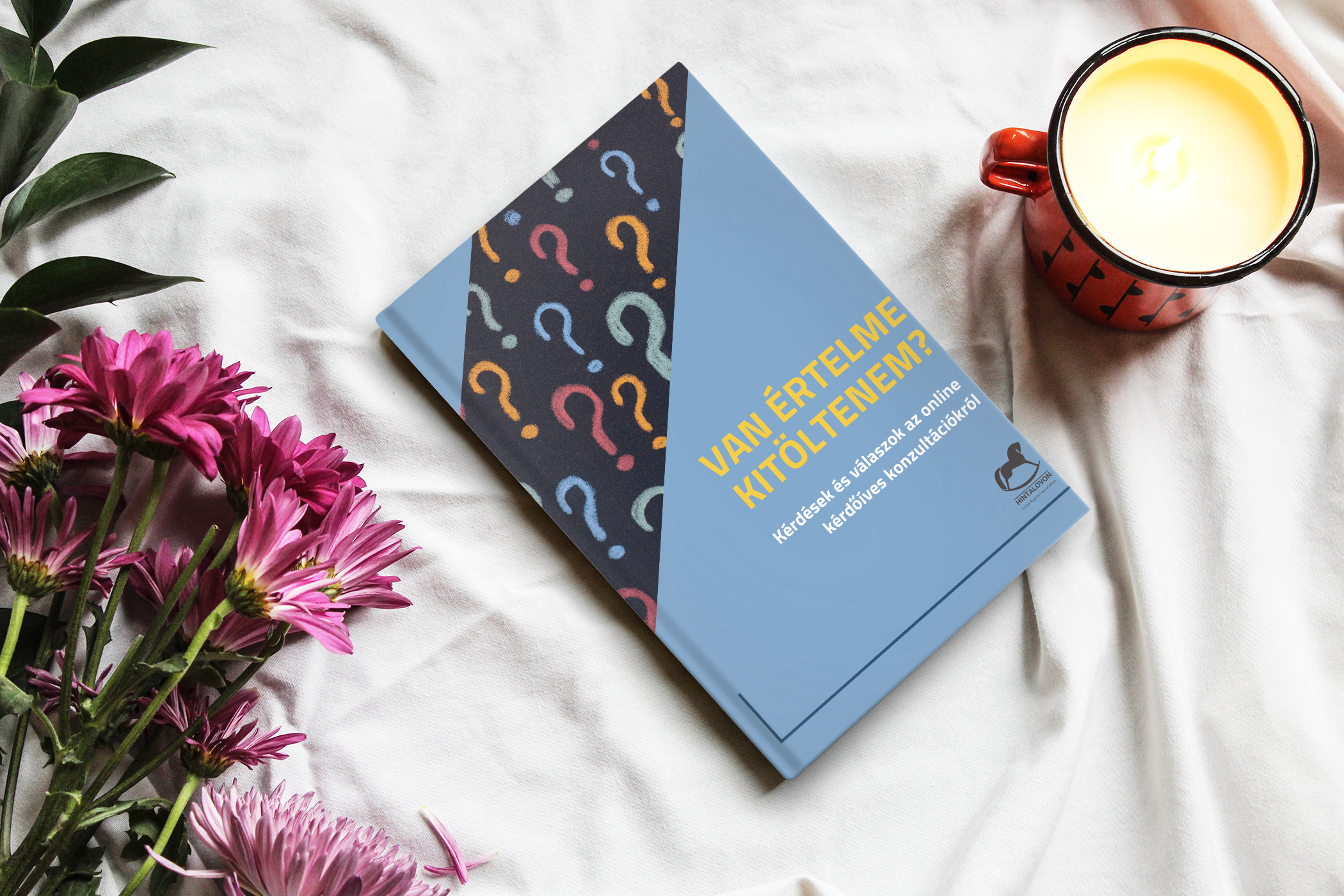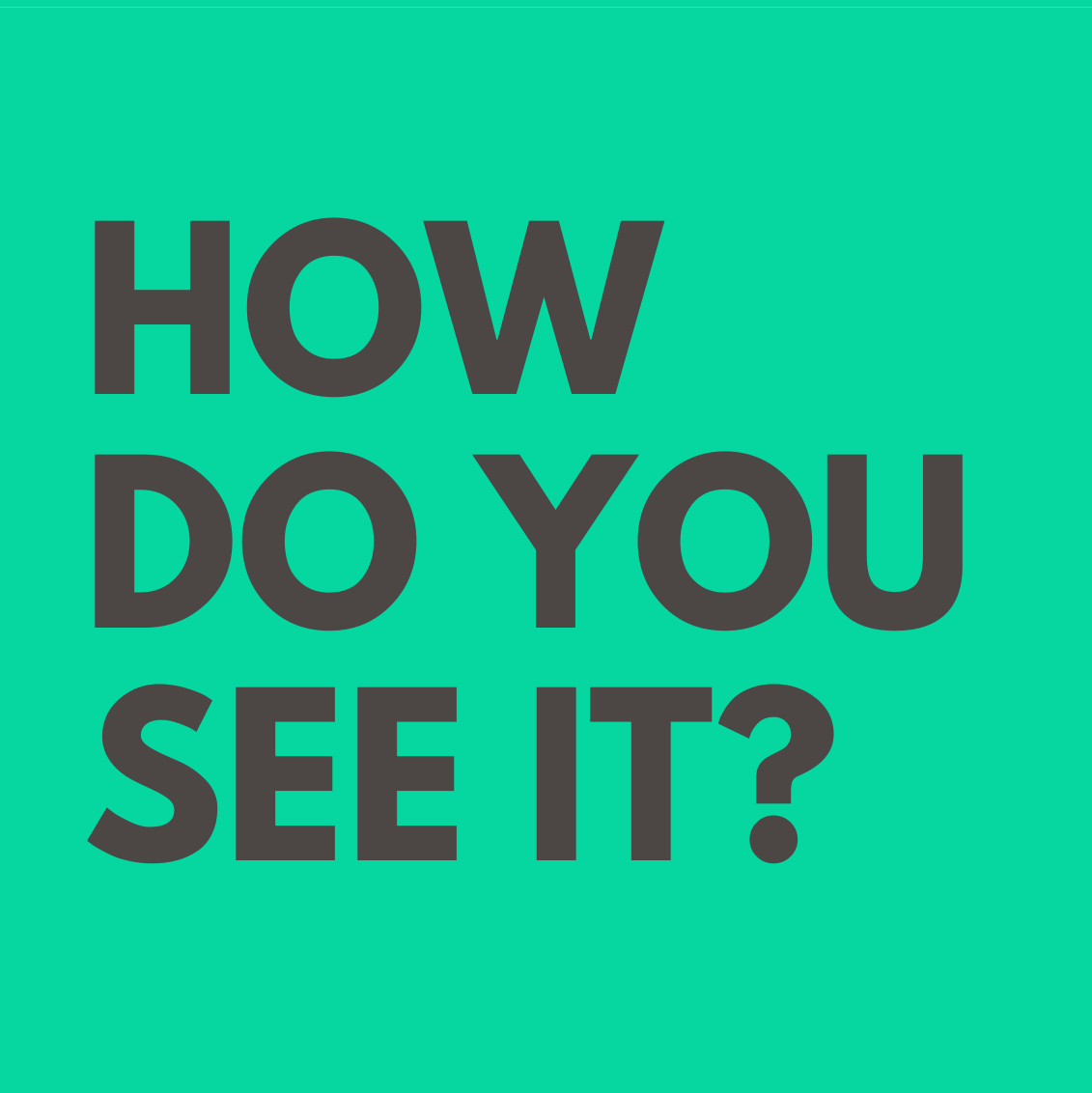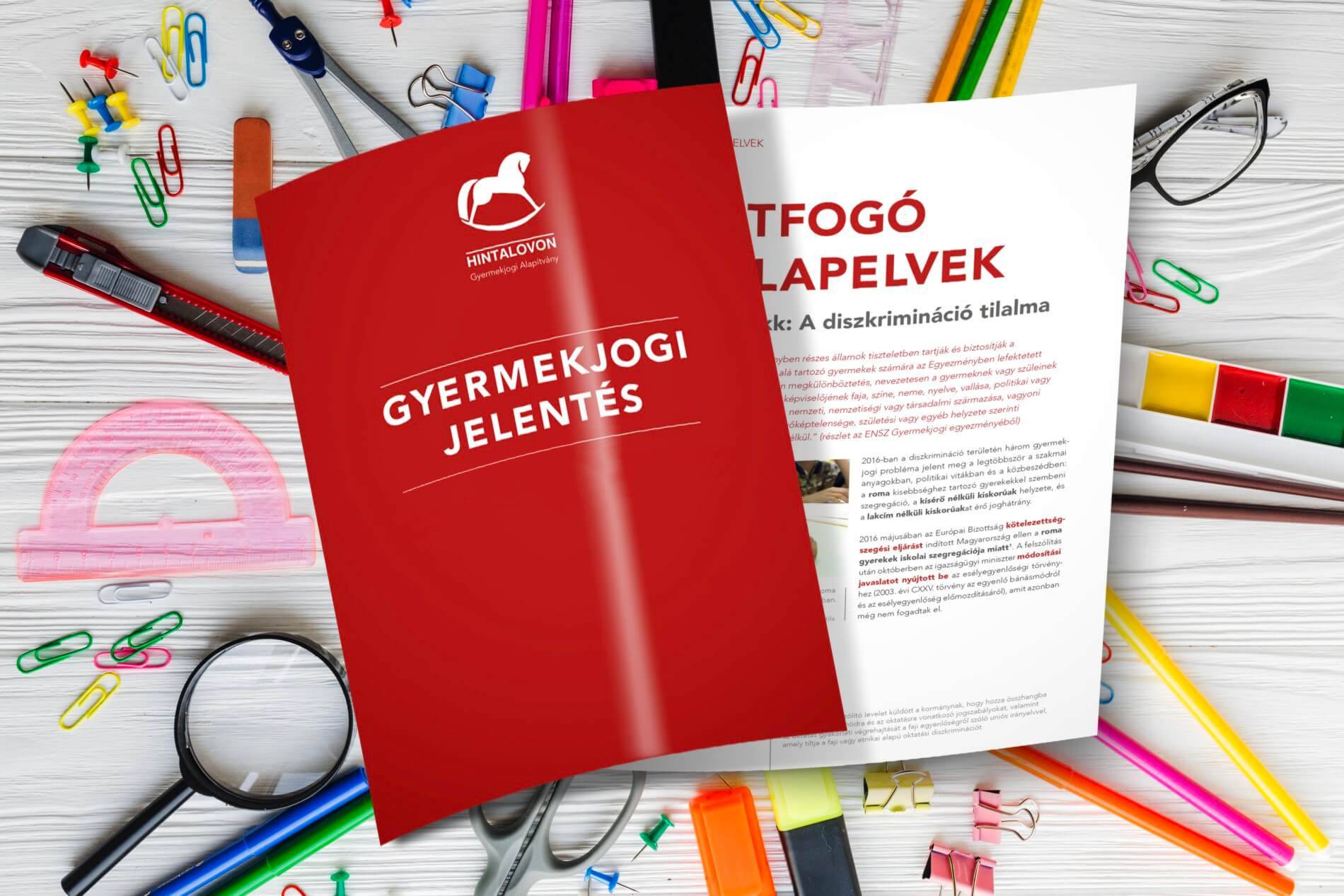If we have a child, s/he has a digital identity. And that needs protection – sometimes we just need to protect it from ourselves to secure ourselves. Read on to learn why and how.
This is particularly worth thinking about, as one possible consequence of sharing is that your child may get angry when s/he is older because of the pictures that we think were cute, but s/he thinks they are embarrassing/humiliating. Though the risks are much wider.
Why can sharing information about a child be dangerous?
When considering the risks, it is essential not to share or disclose the children’s place and time of birth, their full names, the place where the child goes to kindergartens/school, or where we live. We need to be aware that it is not only sharing photos publicly that carries risks. If someone wants to get close to children and to gain their trust, it is easy to do so if the parents provide information about them on social media. For example: “Suzy dressed as Snow White for Carnival. She’s her favourite fairytale character.” “We had peanut butter pancakes for dinner again because that’s what James likes the most.”“ We’re going swimming. Every Friday we are at the pool and Liz has the most beautiful red swimsuit.” With such information, anyone can easily gain a child’s trust.
What are the risks of sharing photos publicly?
Not all pictures are dangerous, but some are. Being careful about what we share now is a kind of investment in the future. Because while it is hard to tell where Facebook/Instagram will be in 10 or 15 years’ time when our children have grown up enough to want to do something with all the information their parents have posted, it is a fair guess that information will still power in 10 years’ time.
Data of today’s young children = the capital of future advertisers
Already today social media sites are intensively collecting our personal data so that advertisements can target the most appropriate audiences. Or think of facial recognition, which is already a working technology, and we can reasonably assume that by the time today’s young children become adults, there will be much more sophisticated ways of collecting, storing, and finding data about them. In the near future, data will be increasingly linked. Parents should consider if they want their children’s privacy and safety to be compromised in 10 years’ time because of what they are posting about their children now.
So let’s be careful about how we treat the treasure that is our children’s personal data (including photos of them). By doing so now, we can do a lot today to protect our children’s future digital identity and interests.
This is the translation of this Hungarian article on Yelon.hu.
